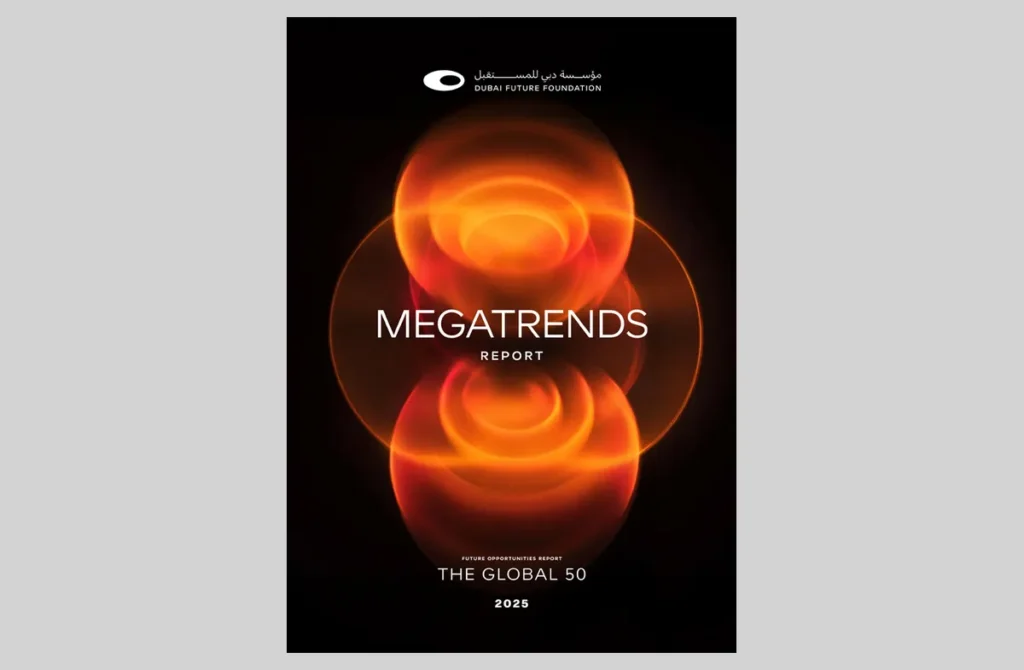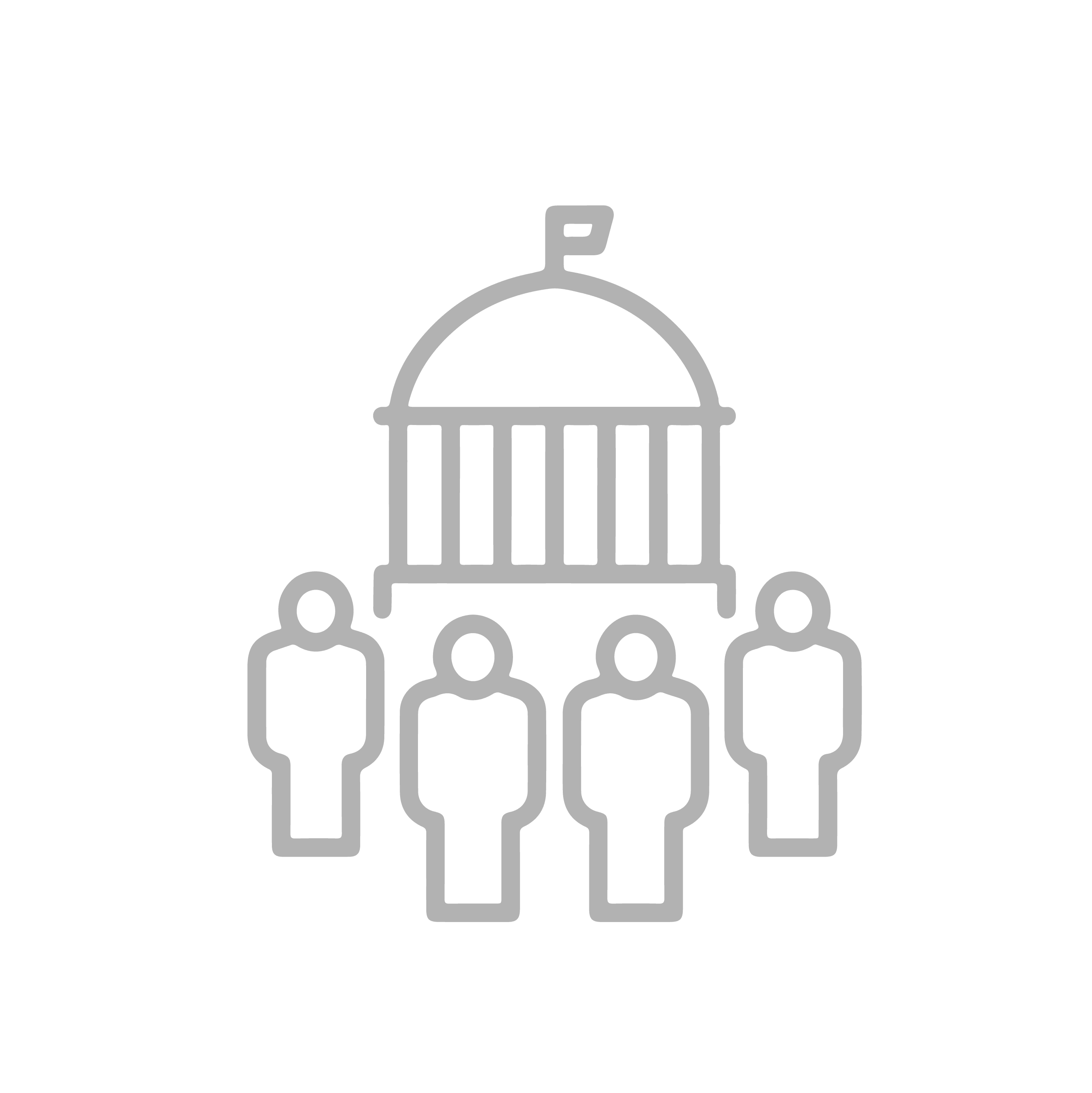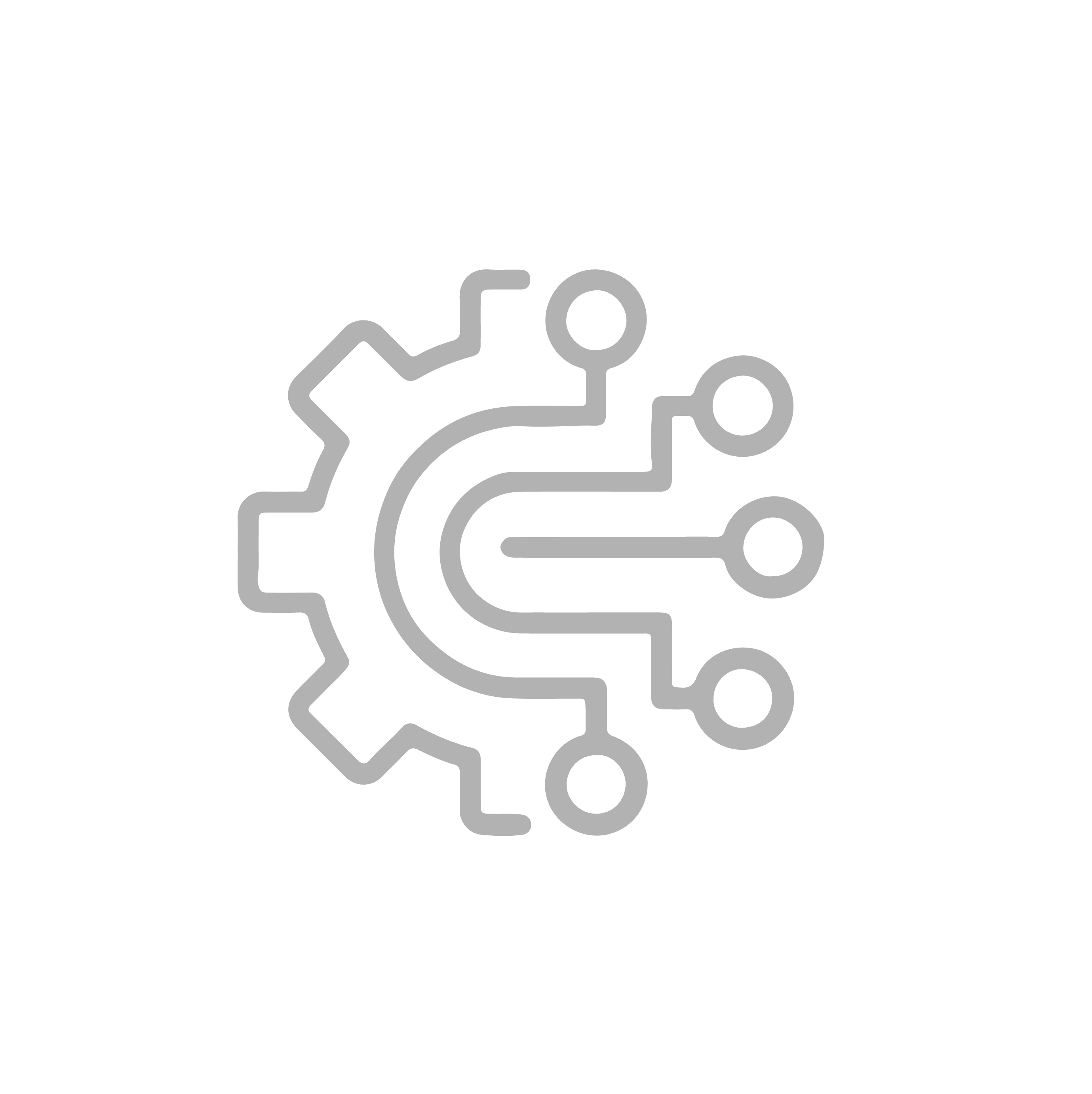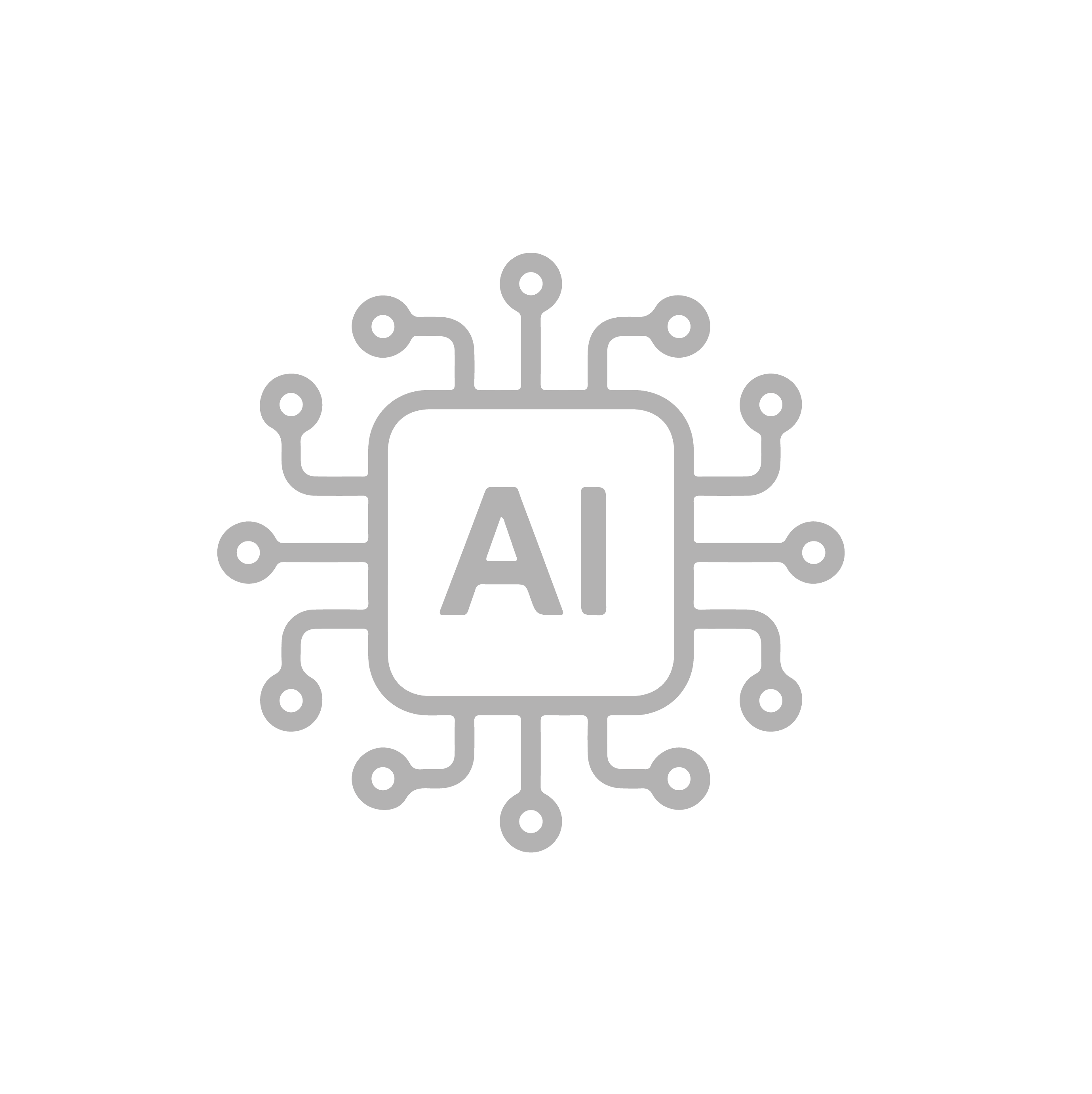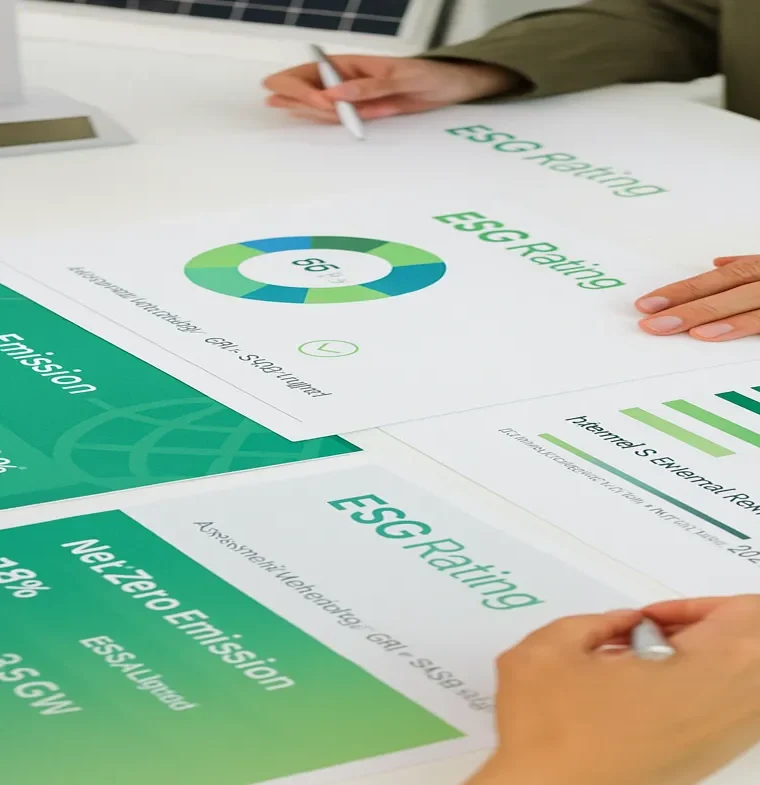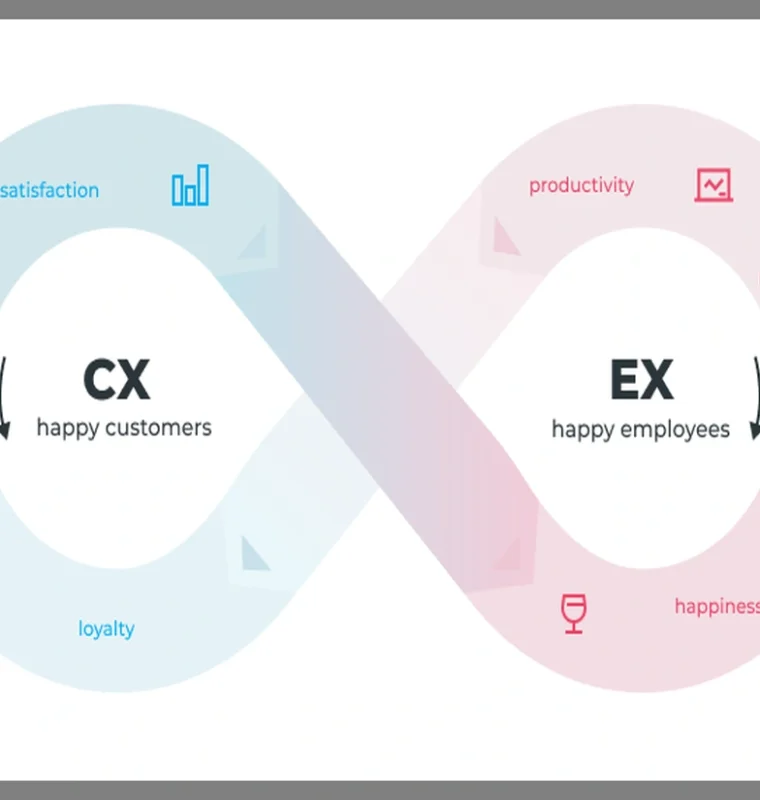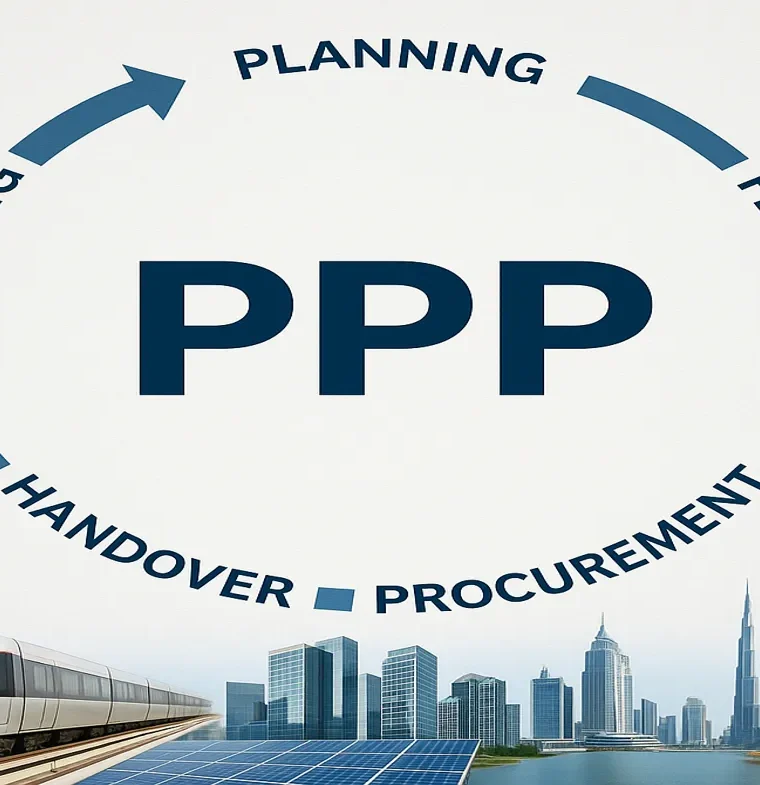Overview of the Report
The Global 50 – Megatrends 2025 is a foresight report issued by the Dubai Future Foundation (DFF). Now in its fourth edition, the report presents a strategic analysis of ten global megatrends expected to shape the near- and medium-term future across economic, technological, environmental, and societal dimensions.
The publication draws on a wide-ranging review of signals, trends, and disruptions observed globally, offering a forward-looking framework for decision-makers in both public and private sectors. Each megatrend is presented with associated developments to monitor, keywords for exploration, and future opportunity areas over the coming decade.
Issuing Authority
The report was developed by the Dubai Future Foundation’s Dubai Future Institute, a leading platform for strategic foresight and future-oriented research. The Foundation supports Dubai’s vision of becoming a global hub for innovation, through research partnerships, initiatives, and national programs.
Strategic Significance
The report serves as a practical guide for policymakers, strategists, and institutional leaders navigating an increasingly complex and uncertain global environment. Its value lies in:
- Anticipating emerging shifts that influence national competitiveness, security, and sustainability.
- Informing evidence-based policy and investment decisions through thematic insight.
- Identifying early signals and aligning organizational strategy with future opportunity areas.
- Stress-testing existing strategies against plausible future scenarios.
Key Recommendations
The report’s recommendations are implicit in its structure and content, organized around ten core megatrends. These include:
- Advance material innovation: Encourage R&D in smart, sustainable, and quantum materials.
- Strengthen digital infrastructure: Prepare for 6G, edge computing, and AI-enabled data governance.
- Address technology-related risks: Prioritize cybersecurity, disinformation control, and data protection.
- Invest in clean energy systems: Explore hydrogen, renewables, and energy self-sufficiency.
- Adopt ecosystem thinking: Shift from sustainability to regenerative environmental practices.
- Update legal frameworks: Prepare for challenges related to digital assets, AI personhood, and cross-border regulation.
- Enable immersive digital platforms: Explore applications of AR/VR in education, culture, and industry.
- Leverage robotics and automation: Advance collaborative robotics and ethical human-robot interaction.
- Empower human capital: Rethink talent retention, education pathways, and inclusive participation in AI and tech.
- Promote integrated health innovation: Scale personalized medicine, genomics, and bio-agriculture technologies.
Application to the UAE and Gulf Region
The report’s insights offer significant strategic relevance for the UAE and wider GCC, where governments are pursuing future-centric reforms across economic diversification, public service transformation, and sustainable development. Key applications include:
- Policy alignment: Supporting national strategies like UAE Centennial 2071, Dubai Economic Agenda (D33), and the UAE AI Strategy through evidence-based foresight.
- Energy transition: Informing regional investments in hydrogen, SMRs, and clean energy manufacturing.
- Smart governance: Enhancing digital public infrastructure with strong data sovereignty and cybersecurity protocols.
- Local innovation ecosystems: Accelerating support for emerging sectors such as climate tech, space-based energy, and quantum computing.
- Human capital development: Designing inclusive education and workforce strategies tailored to Generation Z and future talent expectations.
- Health resilience: Building capacity in genomics, personalized medicine, and climate-linked health systems.
This report provides a structured foundation for forward planning. By contextualizing its findings locally, governments and institutions in the region can remain agile, proactive, and better equipped to shape and respond to tomorrow’s opportunities.


